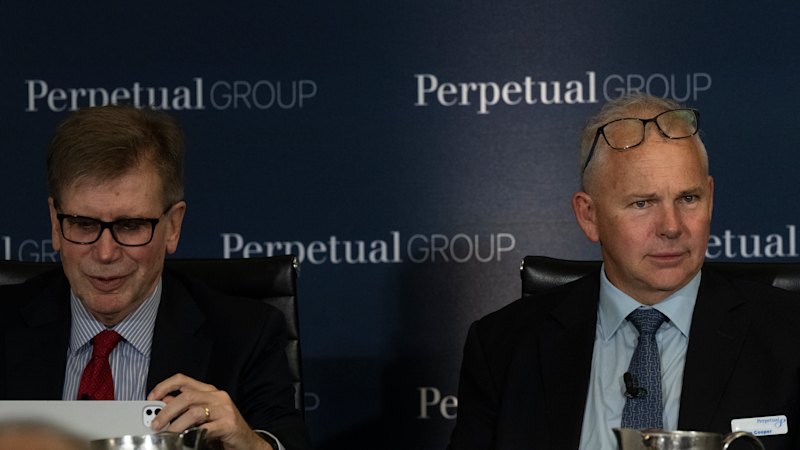
The competition for Perpetual’s wealth management unit, valued at approximately $21.5 billion, has intensified as Bain Capital has withdrawn from the bidding process. This development leaves Perpetual in negotiations primarily with AZ Next Generation Advisory (AZ NGA), a financial planning group backed by Oaktree Capital Management. AZ NGA manages over $15 billion in assets and is currently advised by investment bank Jarden.
Bain Capital’s exit follows nearly two months of involvement in the bidding process, and its departure raises significant questions regarding the future of the Perpetual brand. The company operates across three units: corporate trust, asset management, and wealth management. As potential buyers assess the viability of the wealth unit, they are particularly focused on its trading performance and the potential for advisor attrition under new ownership.
Analysts anticipate that Perpetual’s wealth management unit could generate around $70 million in Earnings Before Interest, Taxes, Depreciation, and Amortization (EBITDA) for the financial year 2025. Nevertheless, fluctuations in the market could lead to a downward revision of this estimate. Bain Capital’s decision to exit is believed to be influenced, in part, by concerns over these market dynamics.
The latest quarterly results showed a modest 2 percent increase in funds under advice, attributed to strong equity markets, while net flows remained flat. Valuations for the wealth unit are projected to fall between $550 million and $700 million, based on a multiple of eight to ten times EBITDA. This range is slightly below the $740 million valuation provided by UBS analysts shortly after the company’s quarterly update.
Negotiations are ongoing regarding the future of the well-established Perpetual brand, which has a significant reputation among advisors and retail investors. AZ NGA is keen to acquire the brand, as its cachet adds intrinsic value to the deal. Yet, the Perpetual board must navigate the lessons learned from a previous proposal to sell the brand to buyout firm KKR, which faced backlash from the market and internal stakeholders.
Shareholders are closely monitoring the situation, particularly regarding the gap between buyer expectations and the Perpetual board’s price requirements. Additionally, potential tax implications of the sale are under scrutiny. Experts predict these will be significantly lower than the previous Australian Taxation Office assessments of $493 million and $529 million related to the KKR deal, but still considerable.
If Perpetual fails to secure an acceptable sale price for its wealth division, there are concerns the board may need to raise equity through a rights issue. The company has indicated that its gross debt is projected to be between $740 million and $750 million, indicating that the outcome of this negotiation will have critical implications for its financial health moving forward.






